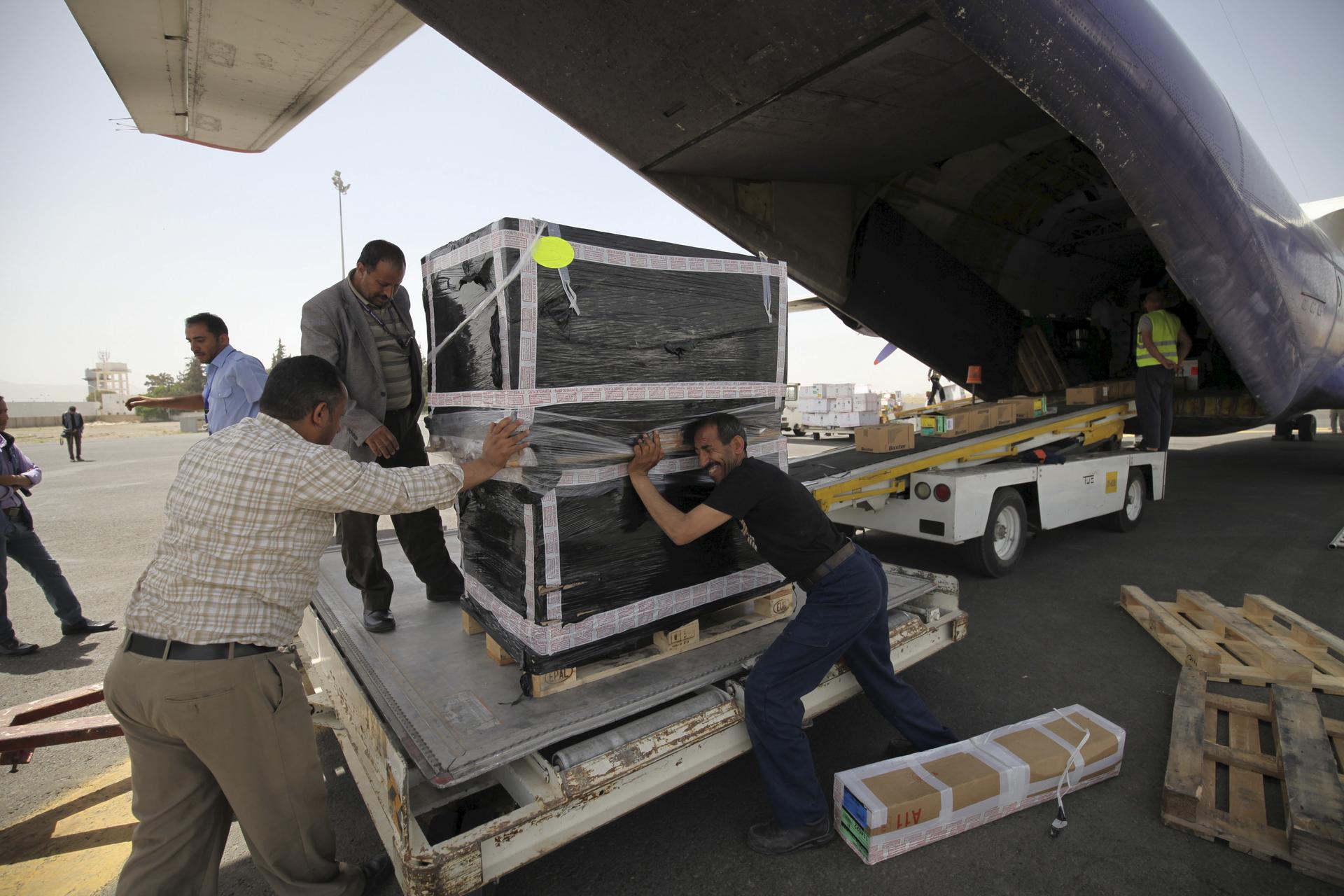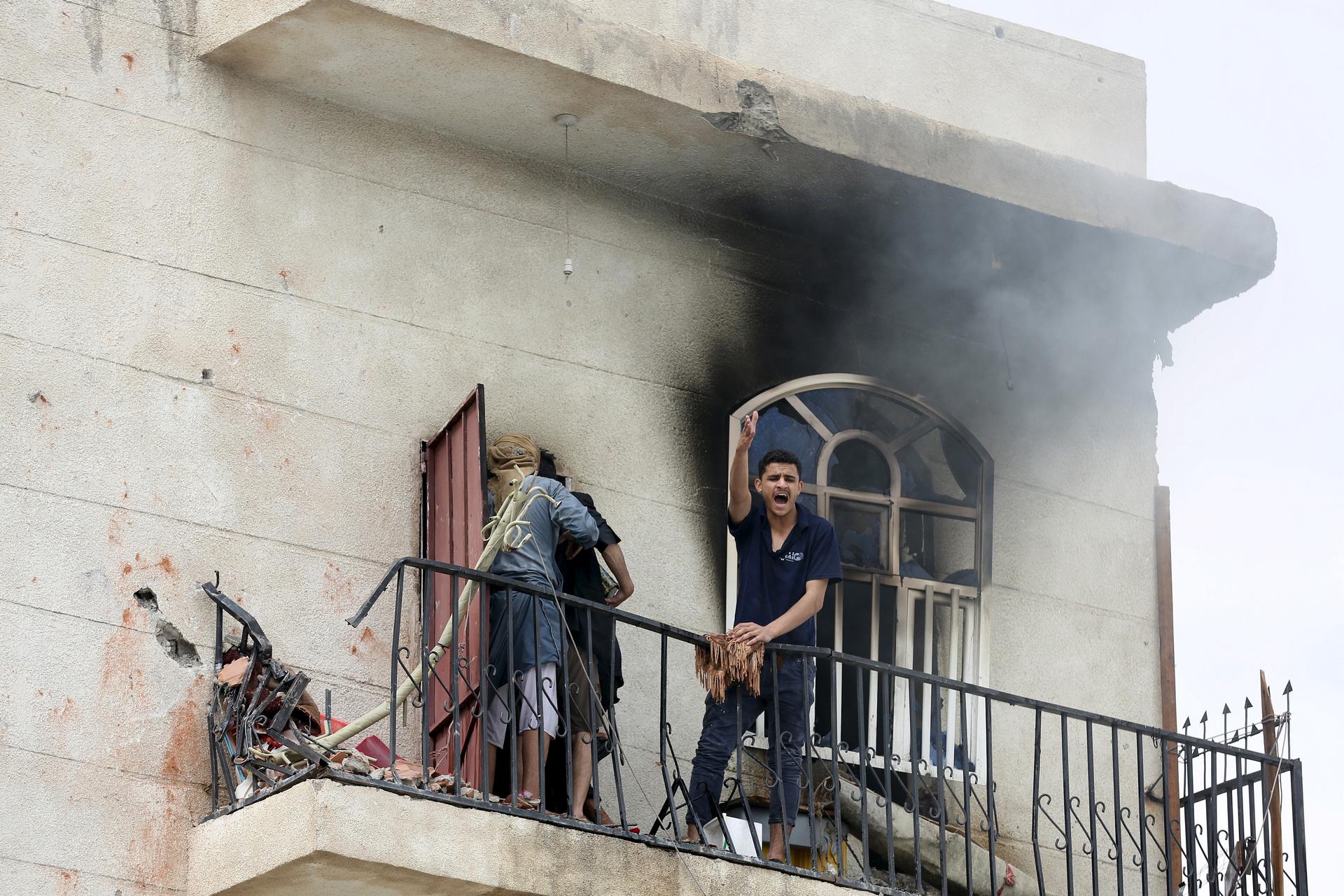Sana'a
Doctors Without Borders pleads: ‘Please allow the humanitarian actors to do their work’ in Yemen
Marie-Elisabeth Ingres, the head of Doctors Without Borders’ mission in Yemen, says combat deaths are not the only human cost of the civil war there. Patients with treatable conditions are now at risk because Yemen is running out of drugs and doctors. She wants the international community to step up and help.
Western diplomats had ‘no Plan B’ for Yemen
The Americans, the British and the French closed their embassies in Yemen this week. Iona Craig, who lived in Yemen for years, says that while Western governments were concerned about safety, they were also showing their dissatisfaction with the Houthis, the group that overthrew Yemen’s government.
Rebels take over Yemen’s capital, but one Yemeni insists it’s ‘not big news’
Sana’a resident Hisham al-Omeisy live-tweeted the television address of the rebel leader whose forces have taken control of Yemen’s capital. He says Western media are overreacting, and that for many Yemenis the Houthi takeover is more business as usual than a big event.
How one woman stumbled into a violent uprising in Yemen
Laura Kasinof never expected to become a war correspondent, but her calm life in Yemen gave her a front-row seat to protests and violence as the Arab Spring reached the country. Now Kasinof has written a book about her experiences and shares her fears about Yemen’s future.
Yemen’s peace deal brings Houthi rebels into the government, but many problems remain
A protest in Sana’a led by a northern Yemeni tribe, the Houthis, became a military assault on the capital over the weekend. Now a UN-brokered peace deal will allow the Houthis into power and end the fighting, but the situation remains complex with sectarian and tribal disputes still simmering.
The biggest threat in Yemen probably isn’t what you think
The Houthi insurgency may be low on the radar of American worries in Yemen, the but the Shiite group is now in the streets of the capital and fighting government forces. And that battle could hand an opportunity to the group Western nations are focused on: al-Qaeda.


